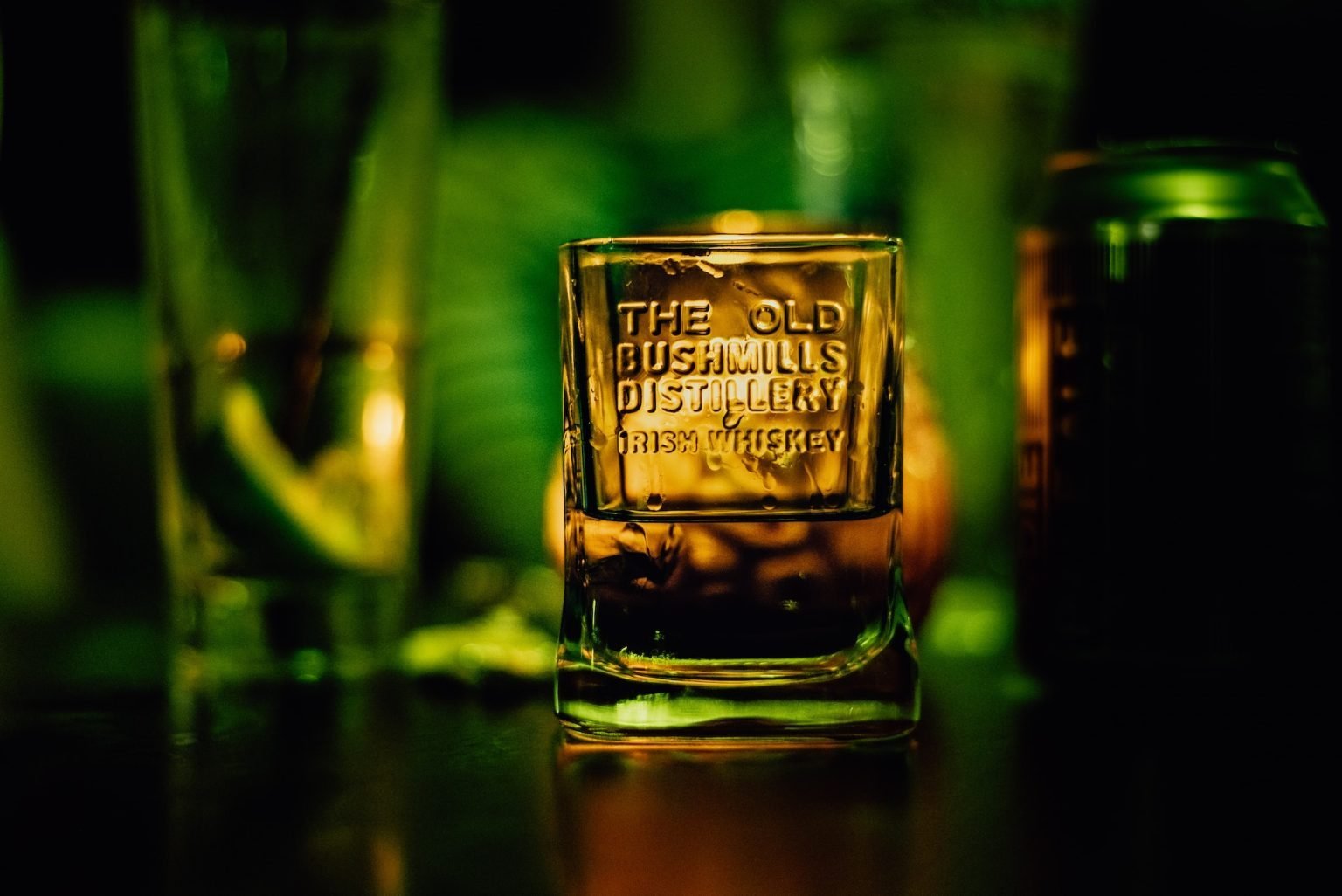If you’re a fan of whiskey, you’ve probably heard of Irish whiskey. This smooth and flavorful spirit has gained popularity over the years, but how much do you really know about it? In this comprehensive guide, we’ll dive deep into the world of Irish whiskey, its history, production process, flavor profile, and more.
The History of Irish Whiskey
Irish whiskey has a rich and complex history that dates back to the 12th century. The first written record of whiskey production in Ireland is from 1405, when a tax was levied on whiskey distillers. By the late 18th century, Irish whiskey was the most popular spirit in the world, with over 200 distilleries operating throughout the country. However, the industry suffered a decline in the early 20th century due to factors such as the Irish War of Independence, the Irish Civil War, and the Prohibition in the United States.
Production Process of Irish Whiskey
The production process of Irish whiskey is similar to that of other whiskeys, but with a few key differences. The whiskey is made from a mash of malted and unmalted barley, as well as other grains such as wheat or rye. The mixture is then distilled three times in copper pot stills, which gives Irish whiskey its signature smoothness. After distillation, the whiskey is aged in oak barrels for a minimum of three years.
Types of Irish Whiskey
There are several types of Irish whiskey, including single malt, single grain, blended, and pot still. Single malt whiskey is made from 100% malted barley and is distilled in a single distillery. Single grain whiskey is made from a mix of grains, but must include at least 30% malted barley. Blended whiskey is a combination of two or more single malt and/or single grain whiskies. Pot still whiskey is made from a mash of both malted and unmalted barley, as well as other grains, and is distilled in a pot still.
Flavor Profile of Irish Whiskey
Irish whiskey is known for its smooth, mellow flavor profile. It’s lighter and less smoky than Scotch whiskey, but richer and more complex than American whiskey. The triple distillation process gives Irish whiskey a distinctively smooth taste, while the aging in oak barrels adds notes of vanilla, caramel, and spice.
Popular Brands of Irish Whiskey
There are several popular brands of Irish whiskey, including Jameson, Bushmills, Tullamore Dew, and Redbreast. Jameson is the best-selling Irish whiskey brand in the world, known for its smoothness and accessibility. Bushmills is another popular brand, with a range of whiskies that includes both blends and single malts. Tullamore Dew is a triple distilled, blended whiskey that’s often described as “easy drinking.” Redbreast is a single pot still whiskey that’s known for its complexity and depth of flavor.
The Rise of Irish Whiskey
In recent years, Irish whiskey has experienced a resurgence in popularity. This can be attributed to several factors, including increased tourism to Ireland, a renewed interest in craft spirits, and the success of marketing campaigns by whiskey brands
Additionally, there has been a growing appreciation for Irish whiskey’s unique flavor profile and smoothness, which sets it apart from other types of whiskey. As a result, more and more people are discovering the joys of sipping on a fine Irish whiskey.
Another factor contributing to the rise of Irish whiskey is the increasing number of craft distilleries in Ireland. These small-batch producers are creating unique and innovative whiskey blends that appeal to a younger, more discerning market. This has also led to a renewed interest in the traditional methods of whiskey production, including the use of pot stills and aging in oak barrels.
Food Pairings with Irish Whiskey
Irish whiskey pairs well with a variety of foods, from rich stews and roasted meats to seafood and cheeses. It also complements sweet and spicy flavors, making it a great pairing for desserts and spicy dishes. Some popular food pairings with Irish whiskey include:
• Smoked salmon
• Irish stew
• Shepherd’s pie
• Beef and Guinness pie
• Chocolate cake
Cocktails with Irish Whiskey
Irish whiskey is a versatile spirit that can be used in a variety of cocktails. Some classic Irish whiskey cocktails include:
• Irish coffee: A warming combination of hot coffee, Irish whiskey, brown sugar, and whipped cream.
• Irish Manhattan: A twist on the classic Manhattan, made with Irish whiskey instead of bourbon or rye.
• Irish sour: A refreshing cocktail made with Irish whiskey, lemon juice, and simple syrup.
• Irish mule: A variation on the Moscow mule, made with Irish whiskey, ginger beer, and lime juice.
The Future of Irish Whiskey
The future looks bright for Irish whiskey, as more and more people discover its unique flavor and versatility. With the rise of craft distilleries and a renewed interest in traditional whiskey-making methods, there’s never been a better time to explore the world of Irish whiskey.
Conclusion
Irish whiskey is a unique and flavorful spirit that has been enjoyed for centuries. Its rich history, production process, and flavor profile make it a fascinating subject for whiskey enthusiasts and novices alike. Whether sipping it neat, enjoying it in a cocktail, or pairing it with your favorite foods, Irish whiskey is a drink that’s worth exploring.
FAQs
1. Is Irish whiskey gluten-free?
Yes, Irish whiskey is generally gluten-free, as the distillation process removes most of the gluten. However, some people with celiac disease or gluten intolerance may still experience symptoms after drinking whiskey.
2. How should I store my Irish whiskey?
Irish whiskey should be stored in a cool, dry place away from direct sunlight. Once opened, the bottle should be consumed within 6-12 months to ensure the quality of the whiskey.
3. What’s the difference between Irish whiskey and Scotch whiskey?
Irish whiskey is typically distilled three times, while Scotch whiskey is distilled twice. This gives Irish whiskey a smoother, lighter taste. Additionally, Irish whiskey is made with a blend of malted and unmalted barley, while Scotch whiskey is made with only malted barley.
4. Can Irish whiskey be used in cooking?
Yes, Irish whiskey can be used in cooking to add flavor to dishes such as stews, marinades, and desserts.
5. How should I drink my Irish whiskey?
Irish whiskey can be enjoyed neat, on the rocks, or in a cocktail. The best way to drink it is a matter of personal preference.









